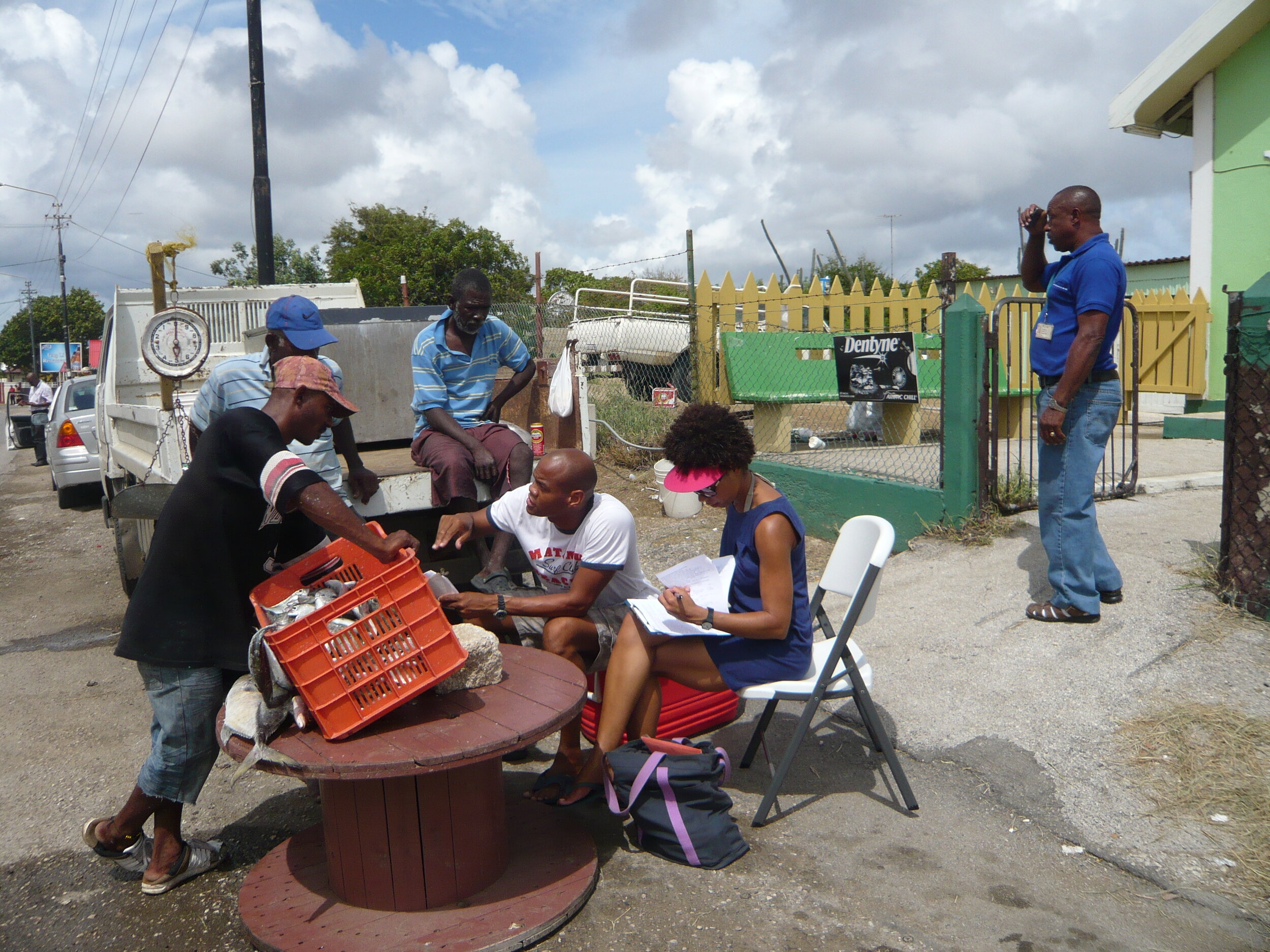Hope for the Future of Curaçao’s Coral Reefs
Originally published on the (now archived) National Geographic blog.
April 15, 2015

Curaçao is one of the most culturally vibrant places I’ve been – a melting pot of the Caribbean. Papiamentu, the local dialect, reflects this diversity with its inclusion of Dutch, Spanish, Portuguese, English, and African languages.
Underwater, Curaçao is similarly diverse and vibrant, with one of the healthiest coral reefs in the Caribbean. But, as my boss Mr. Ted Waitt would say, “It’s not as beautiful as it once was, or as it could be.” The amount of coral has declined by about 50% in the last 20 years, and formerly abundant fish are now scarce.
In late February we launched Blue Halo Curaçao to try to halt and then reverse this trend of marine ecosystem degradation. The Waitt Institute formally partnered with the Government of Curaçao and signed a memorandum of understanding, following unanimous support from the council of ministers and with the approval of the governor.
Dr. Ayana Johnson speaking about the newly launched Blue Halo Curaçao with local press.
Why Curaçao? Many reasons, but most noteworthy: political will, community support, and comparatively healthy reefs. Also, most of my Ph.D. research was conducted there, including extensive socioeconomic interviews, so when I say there is community support I can quantity that: 79 percent of fishers and 91 percent of SCUBA instructors think there should be more management of the reefs and fisheries.
So far, Curaçao’s reefs have simply been very lucky – they are south of the hurricane belt, are consistently flushed with clean water, and the undeveloped north coast and east end of the island serve as de facto protected areas. However, this luck will soon run out given the increasing pressures of coastal development, pollution, and climate change, so it’s time for thoughtful, comprehensive new ocean policies.
A healthy portion of Curaçao’s coral reef. (Photo: Carmabi Marine Research Station)
With Curaçao having 100 times the population of Barbuda (where the Initiative began in 2012 with Blue Halo Barbuda) and dramatically more tourism and industry, embarking on this partnership is a leap. However, we will stay true to our simple approach of seeking and building consensus across the islands, and engaging all segments of the community to envision a brighter ocean future. Then, with policies grounded in community priorities and sound science, Curaçao will create and implement a plan that makes that envisioned future happen.
The Blue Halo approach is based on partner governments providing the will, while we at the Waitt Institute provide the tools. This toolkit can be applied as needed, tailored to local specificities. We value collaboration highly, so we’re build partnerships with local entities like the Carmabi Foundation’s marine research center, and the Dive Task Force.
Dr. Ayana Johnson interviewing local fishermen on Curaçao during her Ph.D. research.

So that’s what we’ll be working on in Curaçao over the next four years. It’s such a thrill to be able to return to Curaçao after conducting my dissertation research there, and to use what I learned from 300+ SCUBA dives and 200+ in-depth socioeconomic interviews to support the creation of sustainable ocean policy.
The commitment Curaçao has made with the launch of this Initiative is cause for hope that through concerted efforts we can reverse the downward trends in the abundance of corals and fish.
With that, I’ll give our local counterparts the optimistic last words:
- Honorable Dr. Bernard Whiteman, Minister of Health, Environment and Nature: “We are convinced that ocean management is the future of our existence, not only for fisheries but for our health. The ocean is something we have to cherish and protect very well.”

- Senator Glenn Sulvaran: “It will be a national effort to formulate the [island’s new ocean] policy. And it also will be a national effort – everybody, private sector, public sector, schools – to implement it and make the policy sustainable for the years to come.”
- Mr. Faisal Dilrosun, Senior Advisor on Health, Environment and Nature: “This initiative is a unique opportunity to create an up-to-date policy for ocean use for the many users, stakeholders and community of Curaçao, which will result in sustainable and responsible use of our marine resources.”
- Dr. Mark Vermeij, Science Director of Curaçao’s Carmabi Foundation: “The Blue Halo Initiative coming to Curaçao will allow us to design and trial entirely new management approaches to protect Caribbean reefs.”




